Trump Is Inheriting a Strong Economy. Will He Wreck It?
The Republican president-elect sent one message to voters, but the economic team he's building sends another.
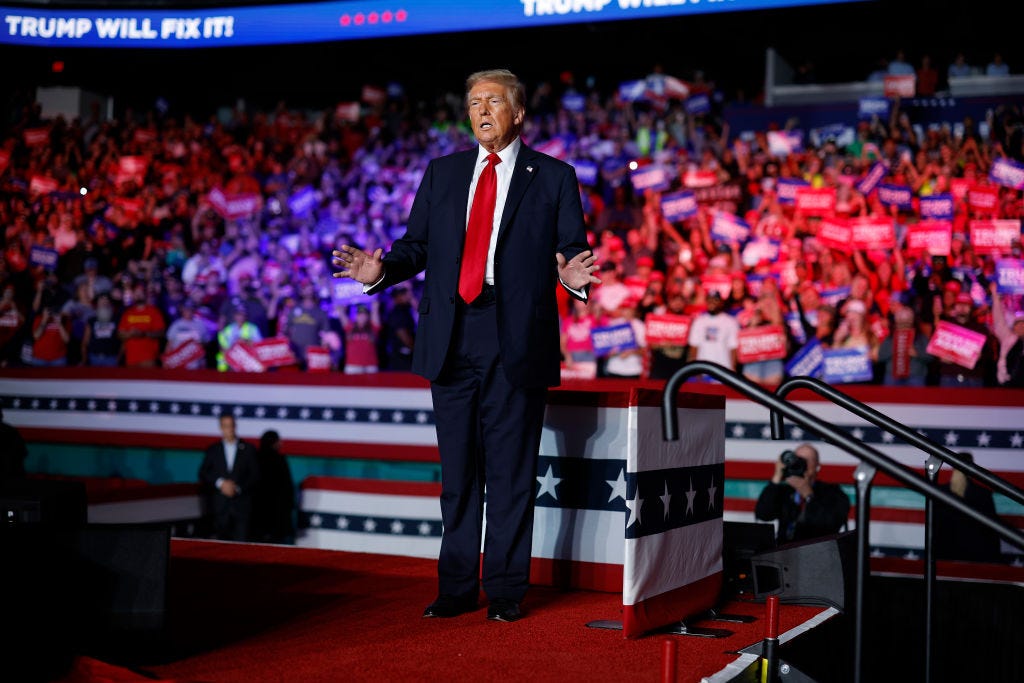
In his second presidency, Donald Trump aims to break many things: the federal bureaucracy, the rule of law, America’s international security alliances. But is he planning to break the US economy, too?
It’s not a flippant question. Campaign demagoguery notwithstanding, outgoing President Joe Biden will leave his successor an unusually strong economic hand, with solid growth, rising wages, and falling inflation that has made the US the envy of the world. Trump’s stated economic plans would put all of that at risk – if he actually follows through.
What Trump told voters sends one message about his intentions. His choices for key positions in the administration send another.
The most incendiary of Trump’s picks have drawn the most attention. For attorney general, a Florida congressman so odious that Republican senators nixed him within days; for the Pentagon, a Fox News host with many skeletons and no experience; for health secretary, a conspiracy-minded vaccine skeptic. Senators haven’t even wrestled yet with the zealot Trump wants to run the FBI.
But Trump has taken a calmer approach in building his economic team. Kevin Hassett, a conservative veteran of the first Trump White House with previous stints advising George W. Bush, John McCain, and Mitt Romney, will run the National Economic Council. Jamieson Greer, chief of staff for trade representative Robert Lighthizer in Trump’s first term, will move up to his former boss’s job. And for treasury secretary, Trump tapped wealthy hedge fund ace Scott Bessent.
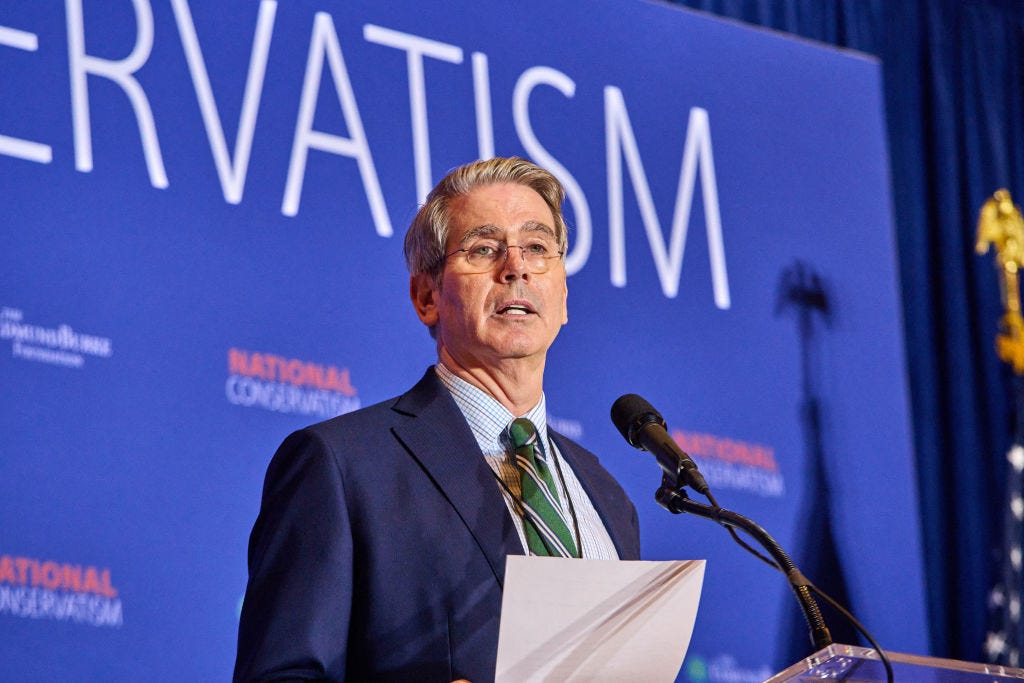
With a resume that includes work with billionaire investor and conservative bête noire George Soros, Bessent has won bipartisan praise as a mainstream choice. He hasn’t hidden his unease with Trump’s plan for massive tariffs, labeling them a tactic for negotiating with other countries.
That’s significant because the tariffs the president-elect has signaled – 20% across the board and 60% on Chinese goods – would wreak havoc. They would raise the cost of goods here and invite retaliation that would harm US exporters, leaving American consumers and businesses to suffer the consequences of a trade war.
Trump’s plan to round up and deport millions of residents living here without legal permission would prove similarly damaging. In addition to the horrendous human toll, it would deprive the economy of badly needed workers and taxpayers, constraining growth, fueling inflation, and exacerbating the challenge of financing retirement benefits for our swelling elderly population.
Promises vs Ego
What’s impossible to gauge in advance is Trump’s determination to withstand public and political resistance to both his objectives. His carnival barker’s bluster has long since grown familiar.
Disdain for people not like him, including Black Americans and the Hispanic residents most at risk from his deportation pledges, may be his deepest instinct. And hostility to free trade may be his most consistent policy interest, going back decades.
“He really believes that the trade policy he wants to pursue is good for the American economy,” says Michael Strain, a conservative economist at the American Enterprise Institute who, like most in his field, disagrees with Trump’s belief. “The same with immigration.”
At the same time, Trump truly cares about what harms or benefits him personally. If he doesn’t try to bulldoze past legal constraints, he needn’t worry about re-election, since the Constitution prohibits serving a third term.
Yet Trump’s ego craves approval from poll ratings and stock prices, both of which would suffer from major economic disruption. In an interview with NBC News last week, he said he wouldn’t try to fire Federal Reserve Chairman Jay Powell – a step that would deeply unsettle investors.
In the same interview, the president-elect vowed not to slap on tariffs “like a madman.” He might be able to gratify his impulses on immigration by limiting deportations to those convicted of serious crimes – a tiny fraction of the undocumented immigrants in the US.
“I tend to think he cares enough about the stock market that, in the domains where the stock market acts as an early warning system, he’ll shy away from some of the crazy promises,” Jason Furman, a Harvard professor who was a top economic adviser to President Barack Obama, tells me. “He’ll figure out a way to declare victory.”
A Boom’s Drawbacks
For obvious reasons, a presidential transition from the incumbent party to the opposition rarely occurs amid a healthy economy. Voters tend to fire incumbents for bad economies.
To be sure, today’s positive economic conditions remain marred by America’s inflation hangover. Prices surged early in Biden’s term – triggered here and around the world by economic disruptions from the pandemic – and scarred voters long-accustomed to price stability. The fact that inflation has fallen far enough for the Federal Reserve to cut interest rates didn’t do Vice President Kamala Harris much good last month.
Having already profited from the issue on Election Day, Trump could choose to simply adopt today’s favorable indicators as his own. Rank-and-file Republicans have already done it, telling pollsters after Trump's victory that they feel better about the economy, despite the fact the economic reality hasn't changed. Still, expansions inexorably turn into recessions, and Trump won’t want the blame for that.
“Inheriting a boom is not always good for a new president,” says Brian Riedl, a senior fellow at the Manhattan Institute. The only way to go is down.
Make sure you’re signed up to receive ‘The Stakes with John Harwood’ to ensure you get all of John’s columns in your inbox. Check out some of his previous columns on a second Trump term:



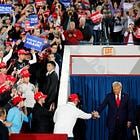
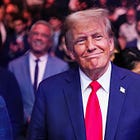
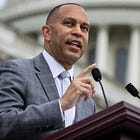
Booming economy for whom? Certainly not the working class.
Booming with the sound of bombs And a genocide!!!